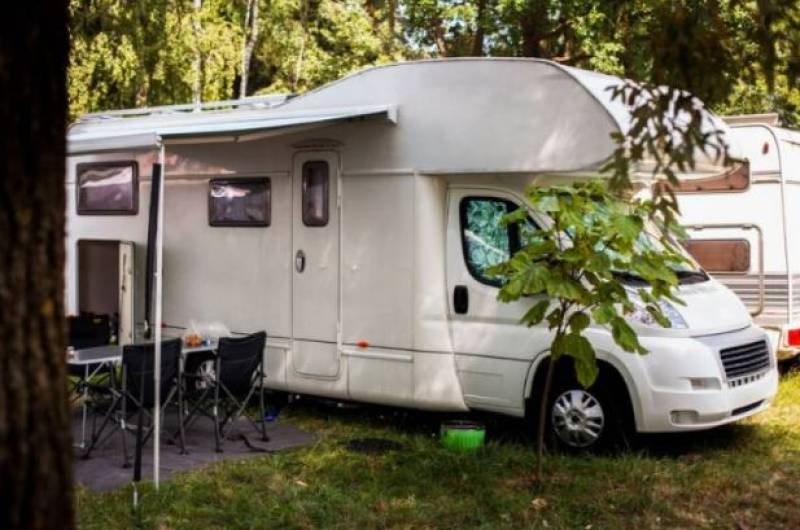Date Published: 10/06/2025
Beachside parking restrictions spark protests from campervan drivers in Alicante
Signs have sprung up in some of the most popular parking spots on the Costa Blanca banning campers and motorhomes
But in
Alicante, frustration is mounting as local councils tighten restrictions on motorhomes, with signs popping up in popular beach spots like Agua Amarga and Urbanova banning vehicles over five metres.
For the vanlife crowd, the message is clear. And it is not a warm welcome.
“They have no right,” complained Puri Almenar, a regular camper who sees the new signs as a form of discrimination.
“Motorhome owners pay the same taxes as everyone else,” she said, pointing out that if there are no designated places to park, it is the local government’s job to fix that.
But this won’t be an option for long. In the past few weeks, signs have been installed in several coastal municipalities including
Elche and
Santa Pola warning that large vehicles are no longer allowed unless they belong to public services.
The reaction, unsurprisingly, has been fierce. Last weekend, motorhome owners organised a protest, calling for equal treatment and the right to enjoy the coast just like everyone else.
“It cannot be that they are prohibited everywhere,” added Francis Martínez.
“Motorhome tourism also makes money and contributes to the city.”
Officially,
Spanish law allows motorhomes to park wherever regular vehicles can, as long as they do not overstep their physical footprint. That means no putting out awnings, no setting up chairs and no swinging open the side windows. But local governments can apply their own restrictions and in Alicante that is exactly what is happening.
Critics argue that these new rules are not backed by national traffic laws and have been implemented without proper authority.
“We have the freedom to park and maintain our privacy,” said Sandra Fernández, who joined the weekend rally.
The tension has been building for a while. In 2021, Alicante shut down its only designated motorhome area in Playa de San Juan to make room for Cirque du Soleil’s travelling show. The closure was meant to be temporary but the space was never returned to its original use. Instead, it became a storage lot for new recycling containers.
Last year, when asked if the city planned to bring back motorhome facilities, Tourism Councillor Ana Poquet essentially said it simply wasn’t a priority for the local government. A few days later, Mayor Luis Barcala softened the stance slightly, saying some possible areas were being studied but nothing concrete was in the works.
In the meantime, the Tourist Board commissioned the University of Alicante’s Tourism Research Institute to carry out a study on the potential economic impact of motorhome visitors.
The research, which cost €13,300, is expected to run through the summer and provide a full picture of what van tourism really means for the local economy.
Image: Archive
article_detail

|










